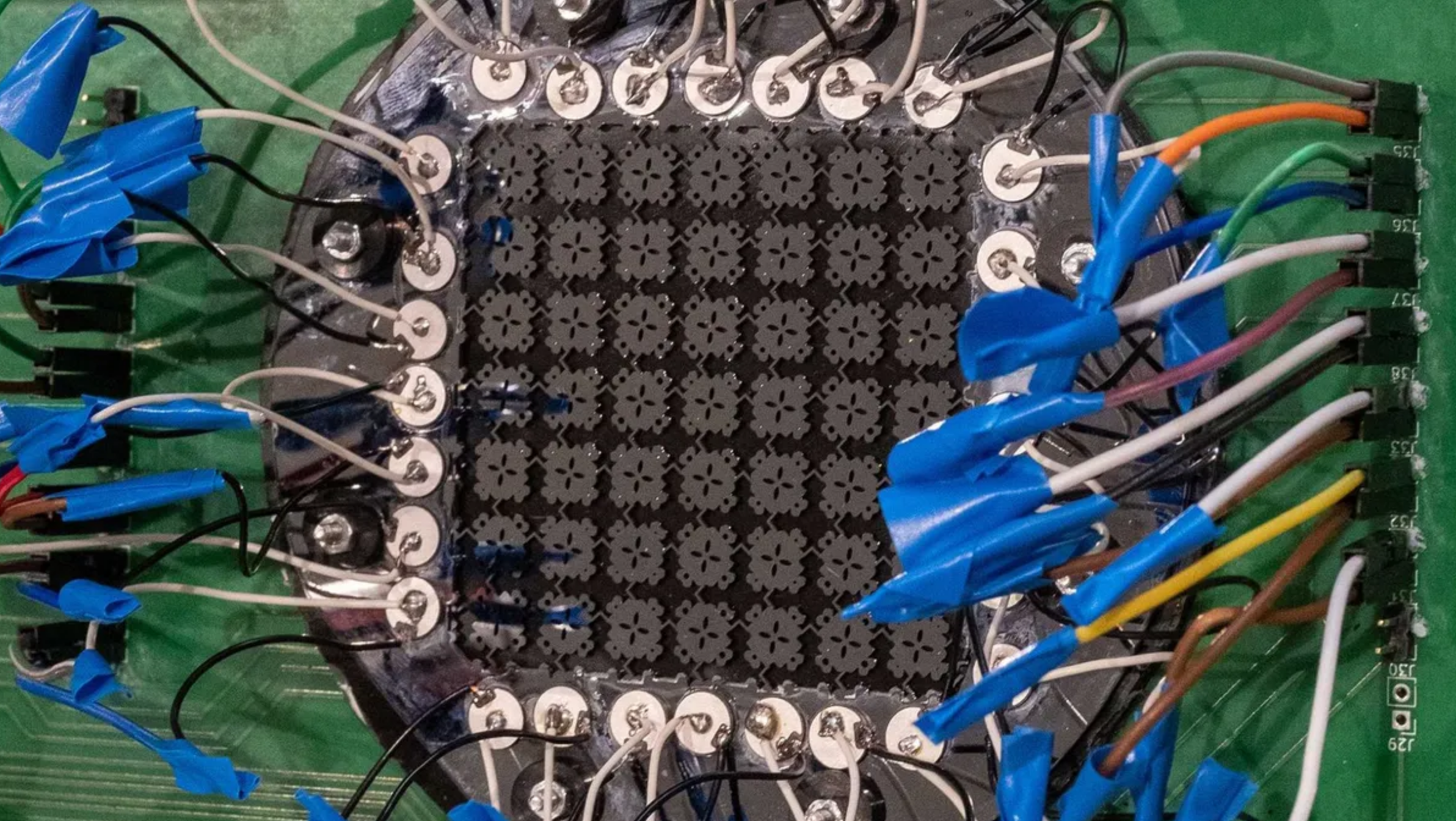Lets face it, today’s computers and smartphones just don’t answer our questions very well. I’ve tried Siri . . . yawn and I’ve been waiting to ask IBM Watson some questions but IBM can’t seem to get their act together and provide an affordable solution to the masses.
Human Brain 1 Billion Times More Efficient Than Today’s Supercomputers
The purpose of computers has always been to improve human capabilities and so far computer and software makers have done pretty well. However, to go even further a number of major companies and institutions including IBM, Intel and MIT are creating revolutionary new models of computing based on how the human brain is organized and works. But despite the development of supercomputers and smartphones the human brain remains superior in many ways.
Differences Between the Human Brains & Today’s Computers
When compared with human brains today’s computers consume a tremendous amount of energy; millions of processors consume tens of megawatts of electricity. On the flip side supercomputers are tremendously faster than humans. Human brains work at just 200 mph but are ultra low energy and perform highly parallel operations. The human brain contains about 100 billion neurons each of which is designed to potentially communicate with every other neuron. Today’s computer chips on the other hand calculate at the speed of light.
The discipline, known as neuromorphic engineering, was first introduced by Carver Mead in the 1980s. The following image shows a network diagram of a macaque brain, the basis of the neuromorphic chip designed by Dharmendra Modha of IBM and colleagues. See a full explanation of this image in “Network Architecture of the Long-Distance Pathways in the Macaque Brain” by Modha and Singh.






